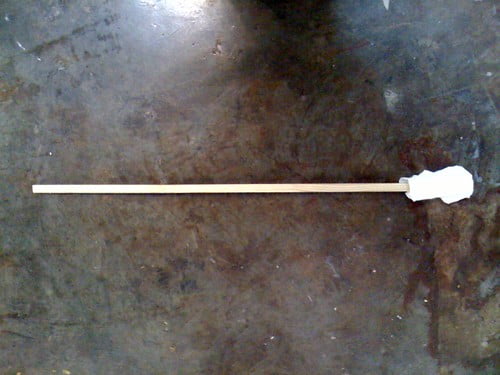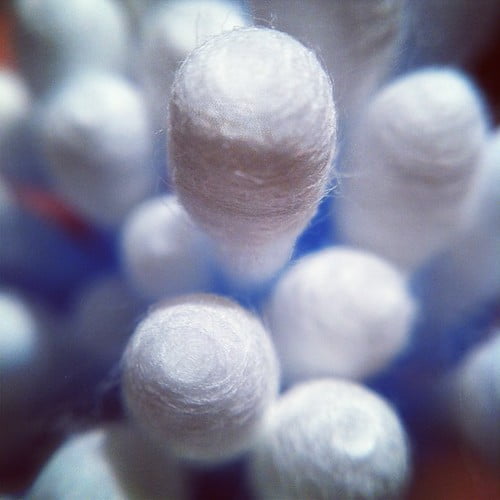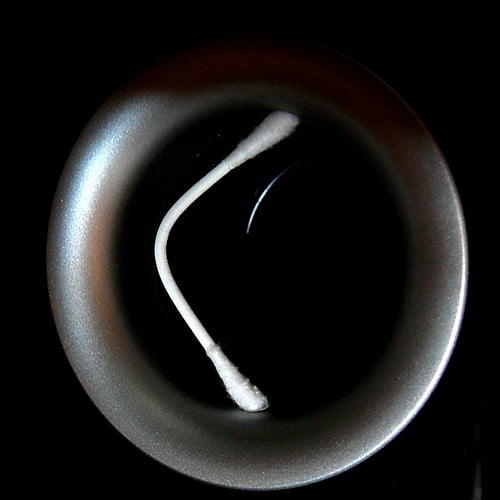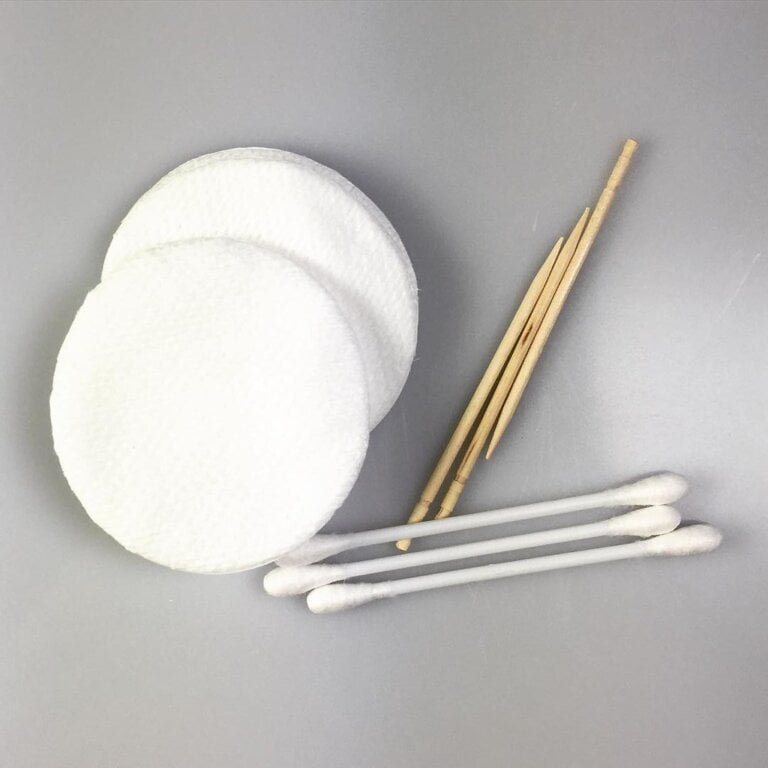Natural Soothing: Home Remedies to Ease Ear Pain and Discomfort
Last Updated on 3rd May 2024 by Admin
Ear pain and discomfort can be incredibly frustrating and disruptive to our daily lives. Whether it’s caused by an ear infection, inflammation, or simply a build-up of pressure, finding relief is essential. While there are various over-the-counter medications available, many people prefer to explore natural remedies that can provide soothing relief without any potential side effects. In this article, we will discuss some effective home remedies that can help ease ear pain and discomfort.
Warm Compress
Applying a warm compress to the affected ear can help alleviate ear pain by reducing inflammation and improving blood circulation. When the ear becomes inflamed, the warm compress can provide comfort and promote healing. The warmth from the compress helps to relax the muscles and increase blood flow to the area, which can reduce pain and discomfort.
To create a warm compress, soak a clean washcloth in warm water and wring out the excess moisture. Gently place the warm compress against the ear for 10 to 15 minutes. The heat from the compress will penetrate the ear, providing soothing relief. Repeat this process a few times a day to experience maximum relief.
In addition to the warm compress, you can also try using a heating pad or a hot water bottle wrapped in a towel. Apply it to the affected ear for the same duration to achieve similar results.
Garlic Oil
Garlic is renowned for its medicinal properties, including its ability to relieve ear pain. Garlic contains natural antimicrobial and analgesic properties, making it an effective remedy for ear discomfort. Garlic oil, in particular, can help soothe the pain associated with ear infections and reduce inflammation.
To use garlic oil, warm a few drops and gently apply it to the affected ear using a clean dropper. Garlic oil can be made by crushing a few garlic cloves and mixing them with a carrier oil, such as olive oil or coconut oil. Allow the oil to sit for several minutes and then tilt your head to let it drain out. Repeat this process twice daily until the pain subsides.
Garlic oil can be an excellent natural alternative to over-the-counter ear drops. Its antimicrobial properties can help combat the infection causing the pain, while its analgesic properties provide relief. However, it’s important to note that if you have a perforated eardrum or if the pain persists or worsens, it is best to consult a healthcare professional.
Salt Sock
A salt sock is a simple and cost-effective remedy that can provide relief from ear pain. The heat from the salt sock can help reduce pain and inflammation. The salt retains heat and provides a warm and soothing sensation to the affected ear.
To make a salt sock, heat one cup of coarse salt in a pan over low heat. Pour the heated salt into a clean sock and securely tie the open end. Place the warm salt sock against the affected ear for 10 to 15 minutes. The warmth from the sock will penetrate the ear, providing relief.
It is important to ensure that the salt sock is warm, not hot, to prevent burns. The warm salt sock can be used multiple times a day to alleviate pain and discomfort. However, if the pain persists or if you have any concerns, it is advisable to seek medical attention.
Apple Cider Vinegar
Apple cider vinegar has antimicrobial and antifungal properties that can help combat ear infections and alleviate pain. It can create an unfavorable environment for bacteria and fungi, promoting healing and reducing discomfort.
To use apple cider vinegar, mix equal parts of apple cider vinegar and water. Using a clean dropper, place a few drops of the mixture into the affected ear. Allow it to sit for a few minutes, and then drain by tilting your head. The apple cider vinegar will help restore the pH balance in the ear and reduce inflammation. Repeat this process twice a day until the pain subsides.
It is important to use diluted apple cider vinegar to prevent any stinging or burning sensation. If you experience any adverse reactions or if the pain persists, it is recommended to consult a healthcare professional.
Essential Oils
Certain essential oils have pain-relieving and antimicrobial properties that can provide relief from ear discomfort. Tea tree oil and lavender oil, in particular, are known for their soothing properties. These oils can help reduce inflammation, fight off infections, and ease pain.
To use essential oils, dilute a few drops of the oil in a carrier oil, such as olive oil or coconut oil. Apply a few drops of the mixture around the outer ear canal and gently massage. Do not insert oil directly into the ear canal. The essential oils will penetrate the skin and provide relief. Repeat this process as needed.
It is important to note that essential oils should be used with caution, as some individuals may be allergic or sensitive to certain oils. Always perform a patch test before using any essential oil and discontinue use if any adverse reactions occur. If the pain persists or if you have any concerns, it is best to consult a healthcare professional.
Over-the-Counter Remedies
Apart from natural remedies, there are over-the-counter options available that can also help alleviate ear pain and discomfort. Ear drops containing ingredients like benzocaine or hydrocortisone can provide temporary relief from pain. These drops work by numbing the area and reducing inflammation.
When using over-the-counter remedies, it is important to carefully read and follow the instructions provided with the product. Follow the recommended dosage and duration of use to avoid any potential side effects. If the pain persists or worsens, it is advisable to seek medical attention.
Prevention Tips
Preventing ear pain and discomfort is always better than seeking remedies later. Here are some tips to reduce the risk of ear pain:
- Keep ears clean by gently wiping the outer ear with a soft cloth. Avoid inserting any objects, such as cotton swabs or fingers, into the ear canal, as it can push debris further and potentially damage the ear.
- Practice good hygiene to avoid infections. Wash your hands frequently and avoid close contact with individuals who have respiratory infections.
- Use earplugs or protective gear when exposed to loud noises or during swimming to prevent damage to the ear.
- Stay hydrated to help maintain the optimal balance of fluids in the body and prevent ear discomfort. Drinking an adequate amount of water can help thin mucus and prevent blockages.
Remember, while these home remedies can provide temporary relief, it is essential to consult a healthcare professional if the pain persists, worsens, or if you experience any other concerning symptoms. They can diagnose the underlying cause and provide the appropriate treatment.
In conclusion, natural home remedies can be effective in soothing ear pain and discomfort. From warm compresses to garlic oil and essential oils, these remedies can provide relief while minimizing the risk of side effects. Additionally, following preventive measures can reduce the likelihood of experiencing ear pain altogether. Take care of your ears and prioritize your overall ear health for a pain-free and comfortable life.
1. How can a warm compress help with ear pain and discomfort?
A warm compress can help alleviate ear pain by reducing inflammation and improving blood circulation. The warmth from the compress relaxes the muscles and increases blood flow, which can reduce pain and discomfort. To use a warm compress, soak a clean washcloth in warm water, wring out the excess moisture, and gently place it against the ear for 10 to 15 minutes.
2. Can garlic oil help with ear pain?
Yes, garlic oil can help soothe ear pain. Garlic contains natural antimicrobial and analgesic properties, making it an effective remedy for ear discomfort. To use garlic oil, warm a few drops and gently apply it to the affected ear using a clean dropper. Repeat this process twice daily until the pain subsides. However, it’s important to consult a healthcare professional if you have a perforated eardrum or if the pain persists or worsens.
3. How does a salt sock provide relief from ear pain?
A salt sock can provide relief from ear pain by reducing inflammation. The heat retained by the salt sock creates a warm and soothing sensation in the affected ear. To make a salt sock, heat one cup of coarse salt in a pan over low heat, pour it into a clean sock, and securely tie the open end. Place the warm salt sock against the affected ear for 10 to 15 minutes. Ensure that the salt sock is warm, not hot, to prevent burns.
4. Can apple cider vinegar help with ear pain and infections?
Yes, apple cider vinegar can help combat ear infections and alleviate pain. It has antimicrobial and antifungal properties that create an unfavorable environment for bacteria and fungi, promoting healing and reducing discomfort. To use apple cider vinegar, mix equal parts of apple cider vinegar and water, place a few drops of the mixture into the affected ear using a clean dropper, and allow it to sit for a few minutes before draining by tilting your head. Always use diluted apple cider vinegar to prevent any stinging or burning sensation.







